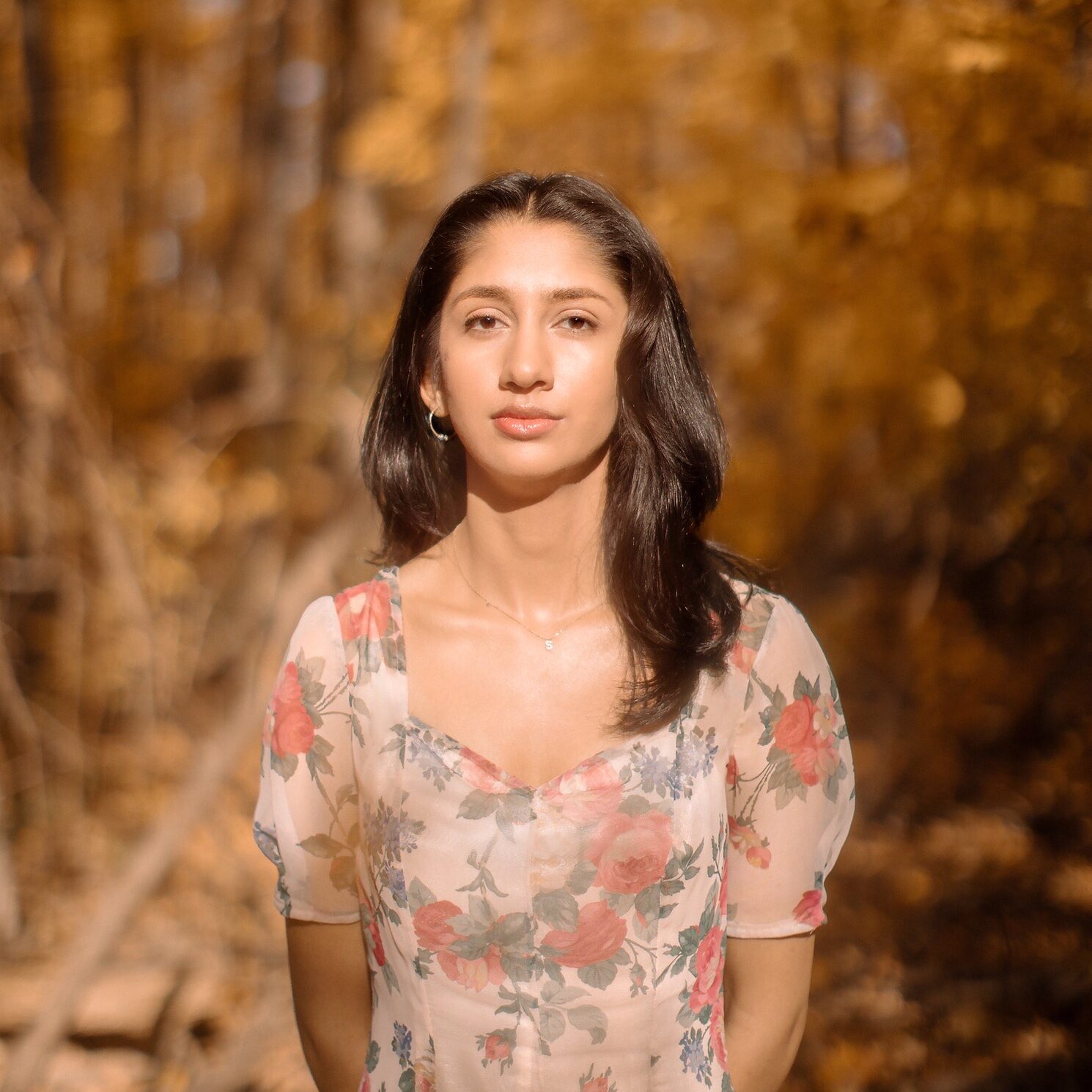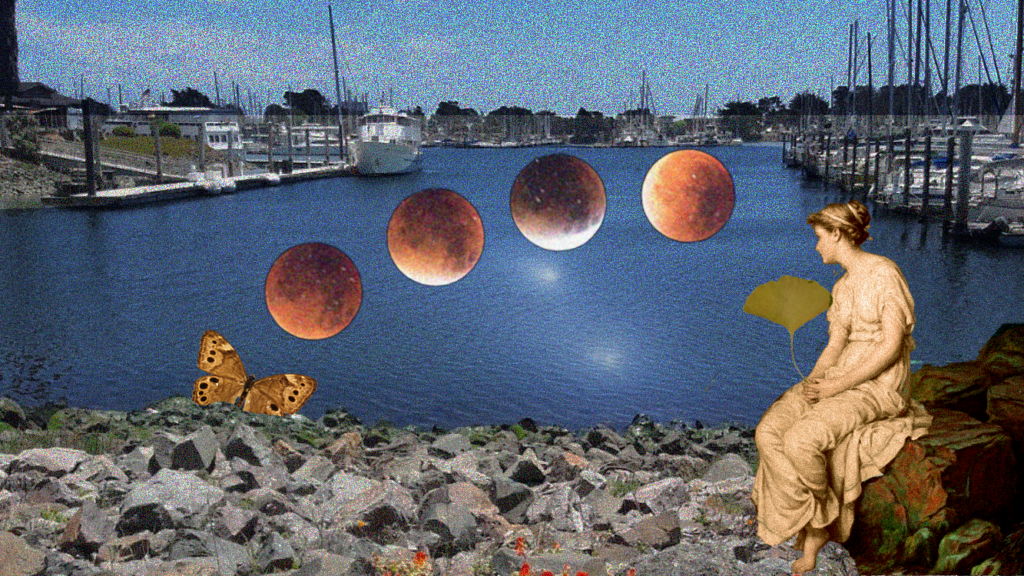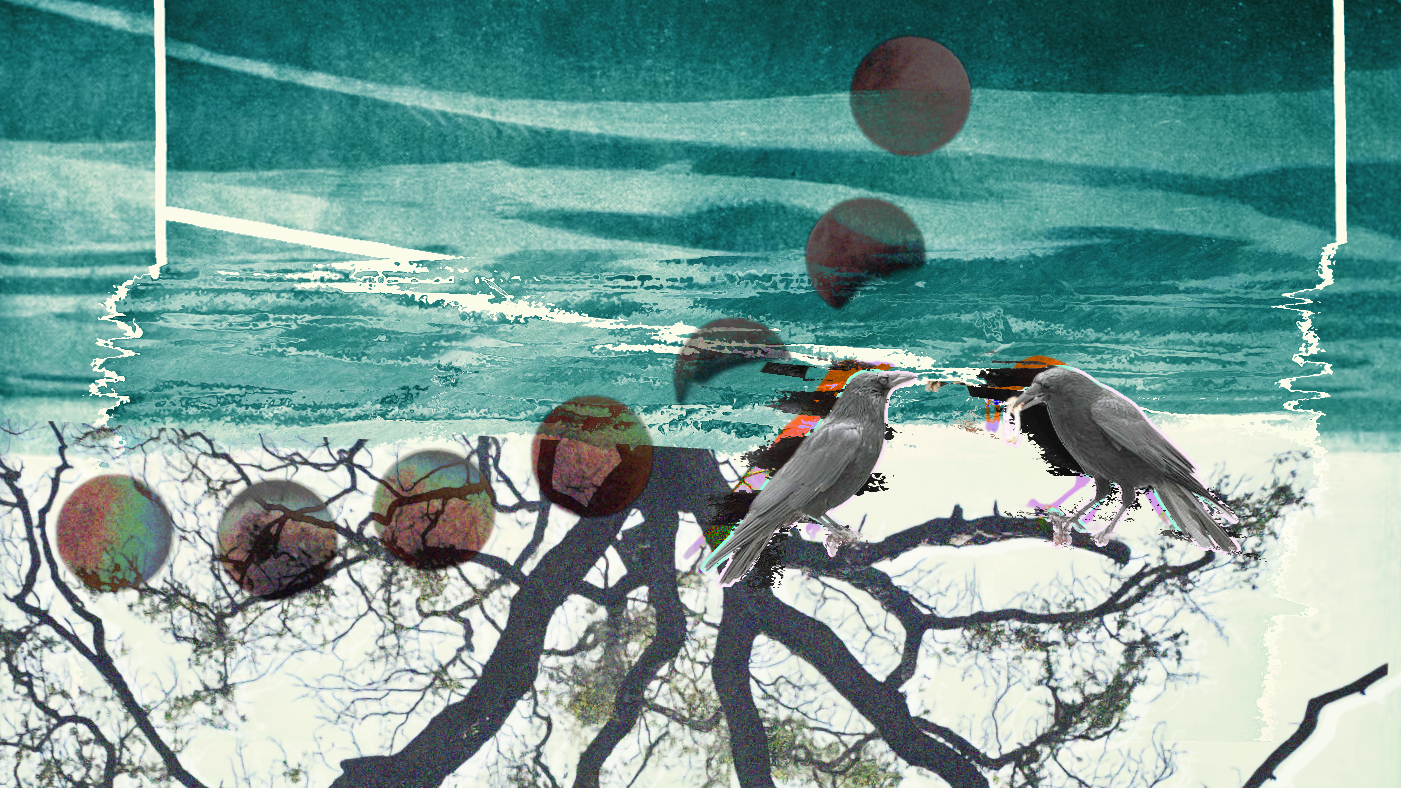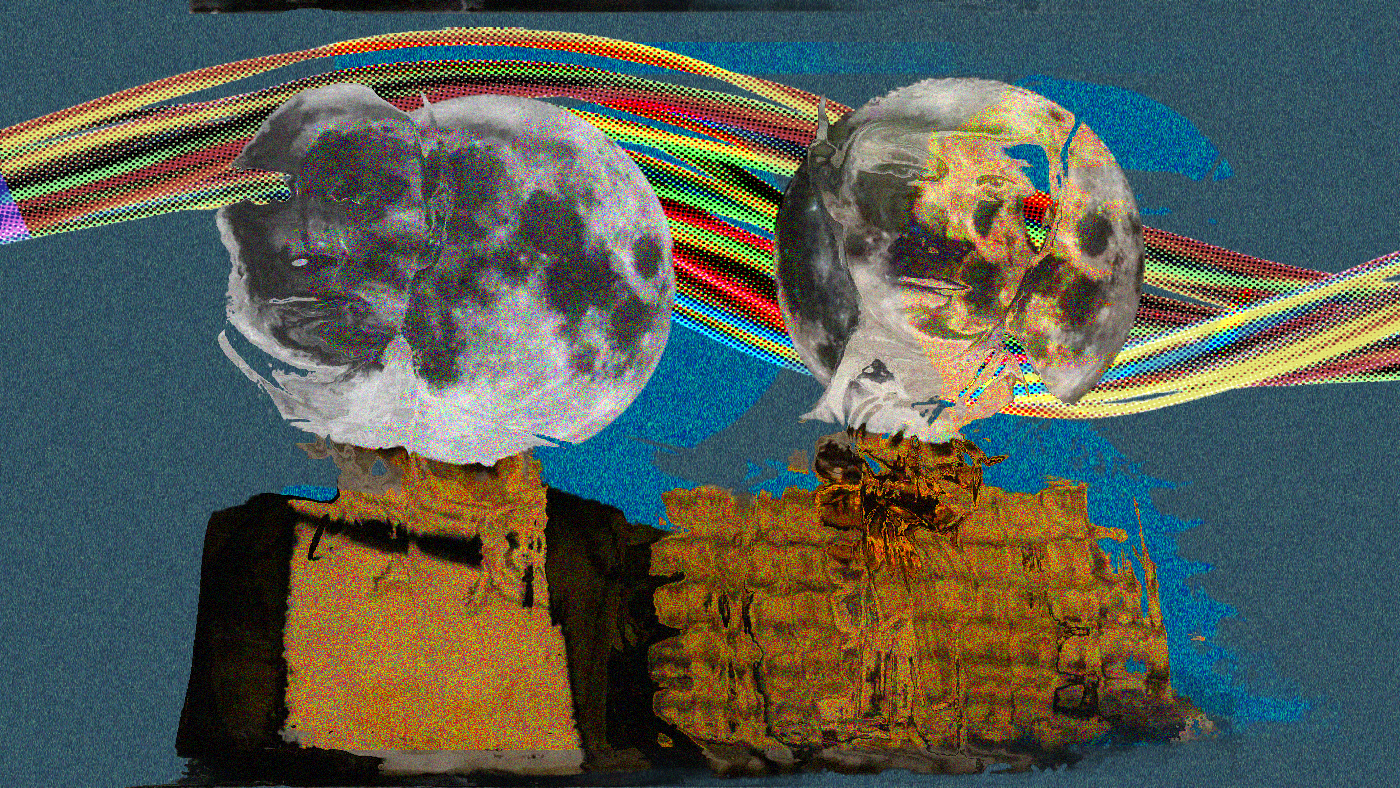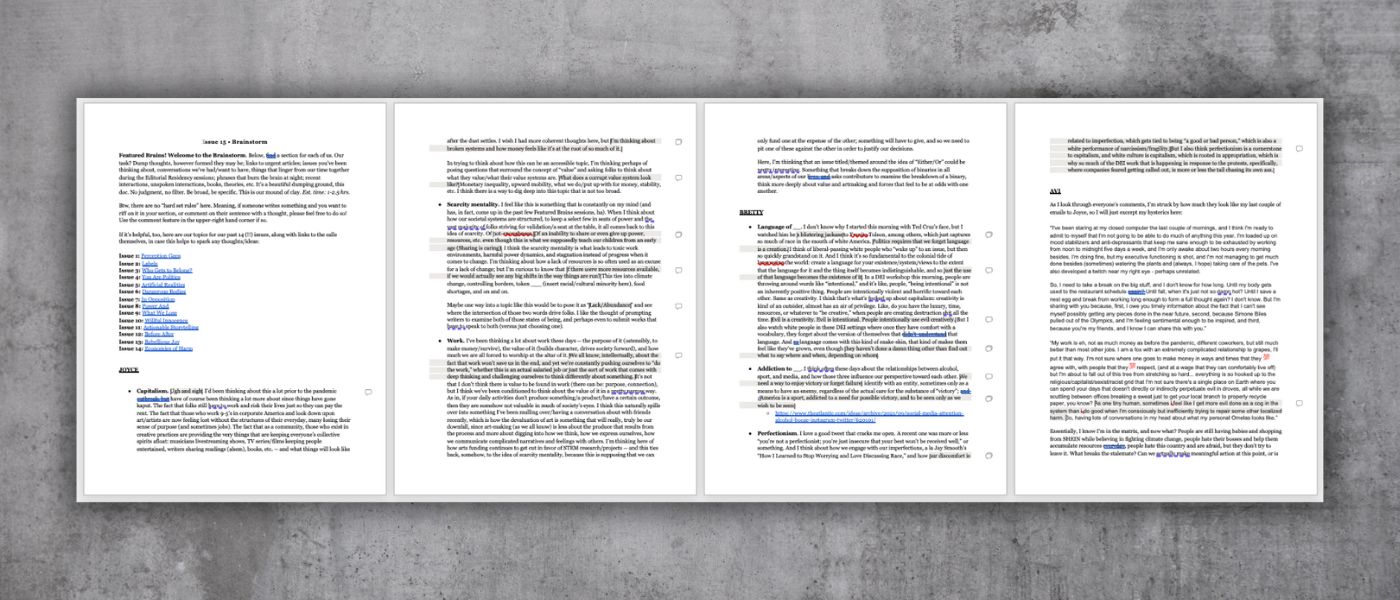A Poem is Not
after Danusha Laméris
an object. A thing that
can be held. Not hungry
for love or victory. Incapable
of the law. It does not enforce.
It does not uphold. It cannot witness.
Kashmiri is a Dying Language
The translator says. The book says.
The news says. The other language says.
The television says. The country says.
The border says. The valley says.
The military says. The law says.
The hunger says. The village says.
The money says. The road says.
The door says. The window says.
The grass says. The river says.
The stone says. The grave says.
The future says. The ancestor says.
The past says. The poet says,
My Boyfriend Tells Me About the Ginkgo Tree
at High Park. He tells me there is only one. He tells me it’s in here, somewhere.
The ginkgo tree, he says, is something like the orchid. In that, most flowers
are daisies or orchids, roses as a kind of daisy, orchids as a kind of orchid.
The ginkgo is like the daisy but all its friends are gone. Trees have families,
he says. The oaks are related to the beech, the pine tree a kind of conifer.
The ginkgo tree has the ginkgo tree. It survived beyond its ancestors.
It survived before beetles and bugs. It survived an ice age, maybe two.
It survived millennia because it survived alone. Somewhere in this park,
there is just one, surrounded by maples and oaks, in cherry blossom season.
But fruit trees are fragile, he says, They grow quickly and die young.
A tree’s wounds never heal, he reminds me, another fact from another day.
And fruits bear wounds easily, I guess. We move past them, deeper
into the thicket of the park, to figure out who the ginkgo is, without leaves
or seeds. It is late winter, or early spring. Who can tell in Toronto?
Its presence is a secret we must seek out, like a ghost or a god.
A face beneath the surface of the pond. Someone drinking coffee on a bench.
We head towards the heart of the park, where he thinks it might be.
We climb a hill and come to a copse. He touches each trunk,
like he did on our second date at the arboretum, when he said,
As an arborist, I don’t really like trees that much.
He studies their branches like a face, and then turns to me, and say,
That one. And it looks like any other. My hand joins his on its hardy winter skin,
and we bow our heads briefly, as if in prayer. As if this tree, in all its mundanity
and motionlessness, in this quiet cove of a typical city park, is the last of its kind—
in our acute sense of its perceived and palpable loneliness—
is the best and worst of what it means to survive.
